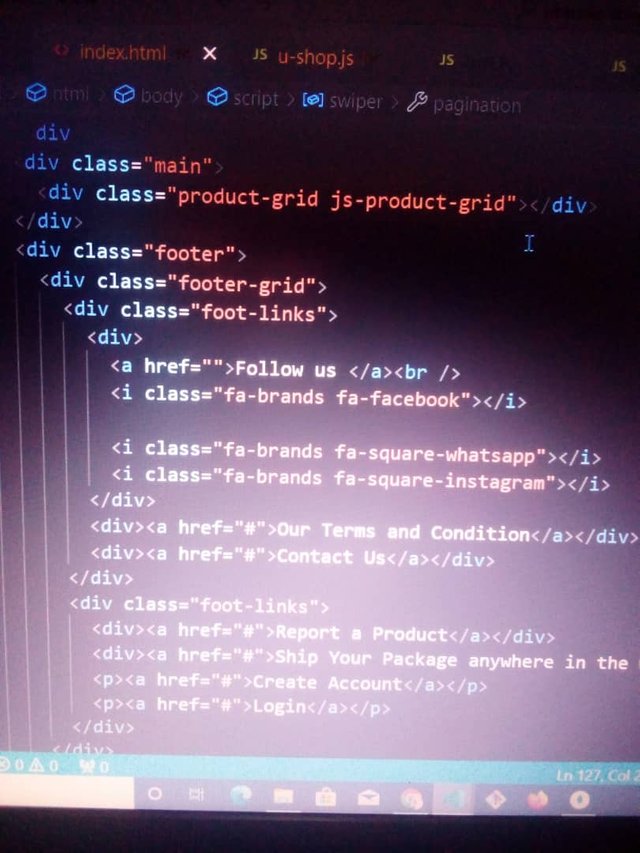wordpress development

custom web development

WordPress developers and custom web developers both play crucial roles in the ever existing world of web
development, but they differ significantly in their approaches, skills, and the types of projects they undertake. It's essential to understand these distinctions to make informed decisions when hiring or pursuing a career in web development.
But before we dive deep to the differences , let's look at the similarities first as this will help in apt understanding of the differences;
SIMILARITIES:
Web Development Foundation:
Both WordPress developers and custom web developers share a foundational understanding of web development principles, languages, and technologies. They are well-versed in HTML, CSS, JavaScript, and PHP.
Content Management System (CMS) Knowledge:
WordPress developers and custom web developers often work with CMS, albeit in different capacities. WordPress developers specialize in the WordPress CMS, while custom web developers might be familiar with various CMS options like meganto, ghost, druba, craft cms , keysone js etc or choose to build custom solutions.
Responsive Design:
Desktop view

mobile view

Both types of developers understand the importance of responsive design. They create websites that adapt to different devices and screen sizes, ensuring a seamless user experience.
Problem-Solving Skills:
Both roles require problem-solving skills. Whether it's troubleshooting issues, optimizing performance, or implementing new features, developers in both categories need to be adept problem solvers.
DIFFERENCES:
WordPress Developer:
Specialized CMS Expertise:
WordPress developers focus on the WordPress platform, a popular CMS. They are adept at using themes and plugins to create websites quickly and efficiently.
Template-based Development:

WordPress developers often work within the confines of pre-built themes and templates, customizing them to suit clients' needs. This allows for faster development but with limitations on flexibility.
Ecosystem Dependence:
WordPress developers rely on the vast ecosystem of plugins and themes available, reducing the need for extensive custom coding.
Custom Web Developer:

Tailored Solutions:
Custom web developers specialize in creating bespoke, tailor-made solutions from the ground up. They build websites and applications to meet unique client requirements.
Greater Flexibility:
Custom web developers have the freedom to choose technologies, frameworks, and libraries based on project requirements, providing more flexibility than WordPress developers.
Full-Stack Proficiency:
Custom web developers often have expertise across the entire technology stack, including both front-end and back-end development.
Highest Paid Role:
Determining the highest-paid role between WordPress developers and custom web developers can be subjective and depends on various factors such as location, experience, and demand for specific skills. Generally, custom web developers tend to command higher salaries due to their broader skill set and ability to deliver fully customized solutions. These developers are often sought after for complex and large-scale projects that require a high level of expertise and creativity. However, demand for WordPress developers is also significant, especially for smaller businesses or individuals looking for cost-effective solutions.
In conclusion, both WordPress developers and custom web developers contribute to the web development industry, each with its unique set of skills and approaches. The choice between the two depends on the project requirements, budget considerations, and the desired level of customization.